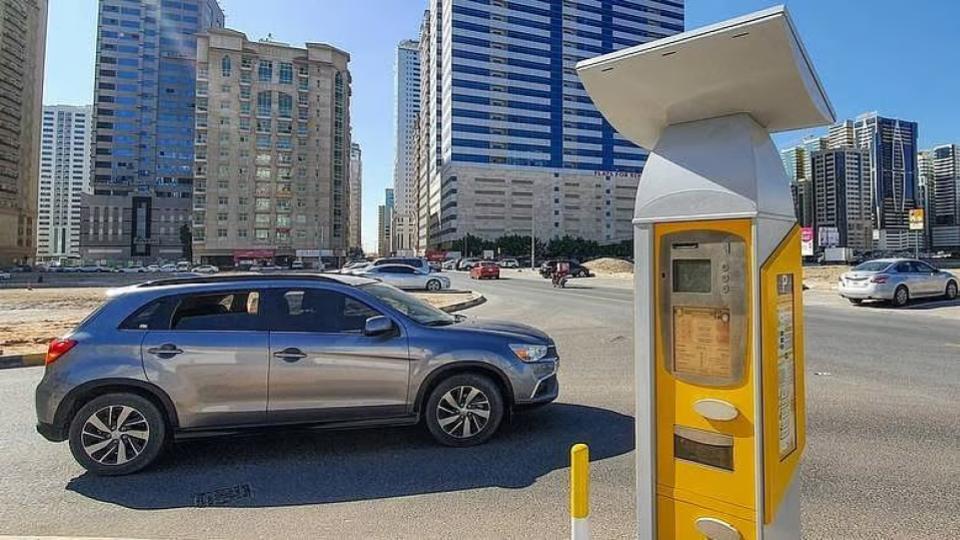No political ads on social media 48 hours before Lok Sabha polls: Bombay HC
Fri 25 Jan 2019, 16:23:34
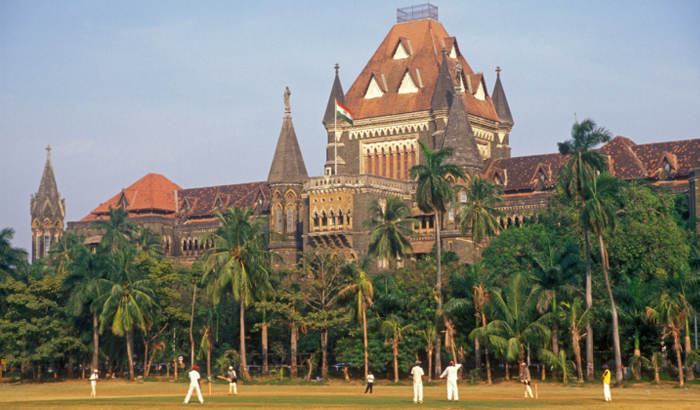
The Bombay high court (HC) on Thursday ruled that private entities such as Facebook, Twitter and Instagram, should not carry political advertisements within the 48 hours prior to voting in the general elections. The court has asked the Election Commission of India (ECI) and the Central government to inform it how they intend to implement this.
The division bench of chief justice Naresh Patil and justice NM Jamdar was hearing a public interest litigation (PIL) filed by advocate Sagar Suryawanshi. The PIL sought directions to the ECI to restrain social media from carrying political advertisements during the 48-hour window prior to voting in the general elections.
The PIL was filed under section 126 of the Representation of Peoples Act, 1951, which prohibits any public meetings and processions in connection with the election or display for the public any election matter during the 48 hours black-out period.
Advocate Pradip Rajagopal, responding to the PIL on Thursday, indirectly suggested that the ECI lacked the necessary powers to impose the. “There is a legislative vacuum,” Rajagopal said.
A committee appointed by the ECI had suggested amendments to
section 126 empowering ECI to issue appropriate direction to the private entities, he added. Rajagopal pointed out that even otherwise, all election advertisements are subjected to ECI scrutiny before publication and no political advertisement can be given by any registered political party or contesting candidate without prior clearance from the ECI.
section 126 empowering ECI to issue appropriate direction to the private entities, he added. Rajagopal pointed out that even otherwise, all election advertisements are subjected to ECI scrutiny before publication and no political advertisement can be given by any registered political party or contesting candidate without prior clearance from the ECI.
The judges, however, refused to accept the contention that the ECI lacked power to issue necessary directions. It insisted that there should be a regulatory regime to control political advertisements on social media, as the expert committed appointed by the ECI itself had expressed possibility of rigging elections by manipulative advertisements on social media.
“The amendment will take its own time, what arrangement you have done in the meanwhile?” the bench enquired with the ECI counsel. “It is your constitutional duty to hold free and fair elections and if you lack the power, you will not be in a position to hold free and fair elections.”
The bench said the ECI had to “simply to issue a directive” in public interest, as it has done several times before. The matter has been posted for further hearing on next Thursday.
No Comments For This Post, Be first to write a Comment.
Most viewed from National
Most viewed from World
AIMIM News
Delhi Assembly polls: Owaisi leads Padyatra in Okhla
Feb 01, 2025
We reject this Waqf Amendment Bill: Asaduddin Owaisi
Jan 30, 2025
Latest Urdu News
Most Viewed
May 26, 2020
Which team will win the ICC Men's Champions Trophy 2025 held in Pakistan/Dubai?
Latest Videos View All
Like Us
Home
About Us
Advertise With Us
All Polls
Epaper Archives
Privacy Policy
Contact Us
Download Etemaad App
© 2025 Etemaad Daily News, All Rights Reserved.

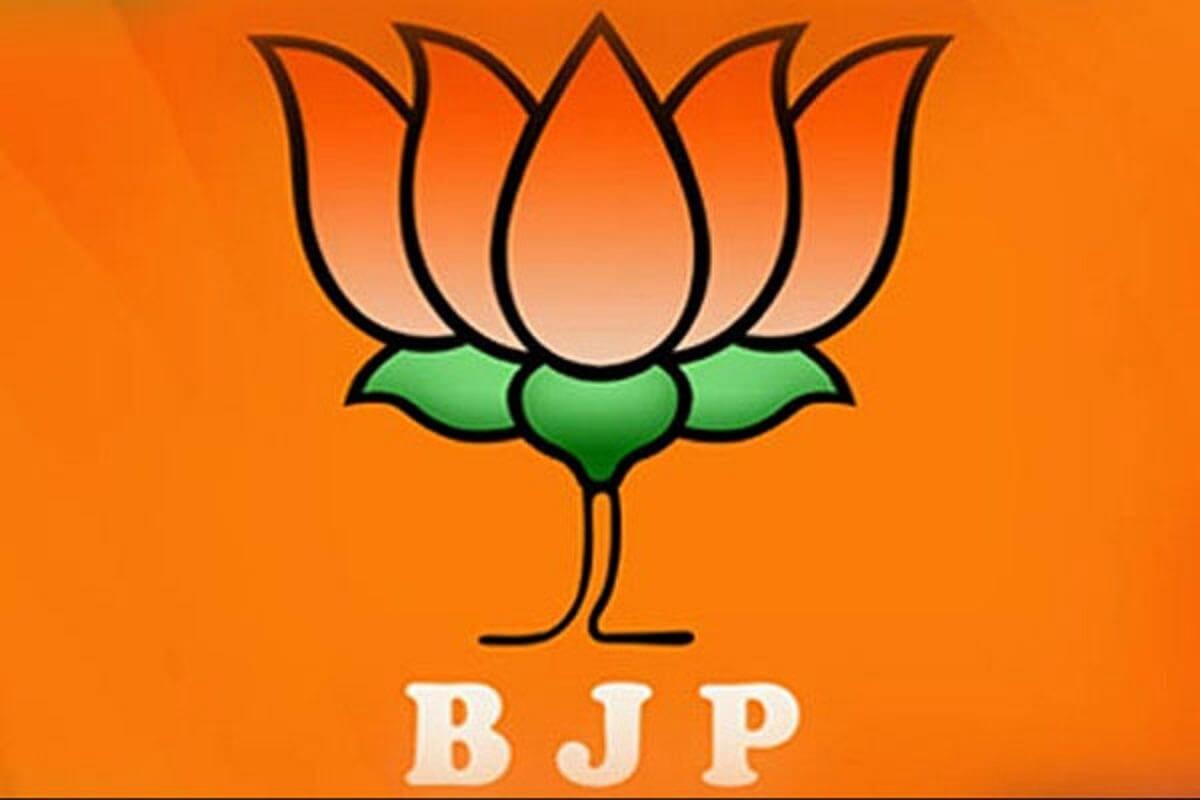
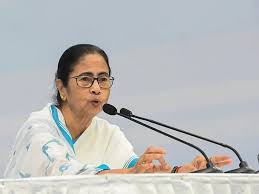
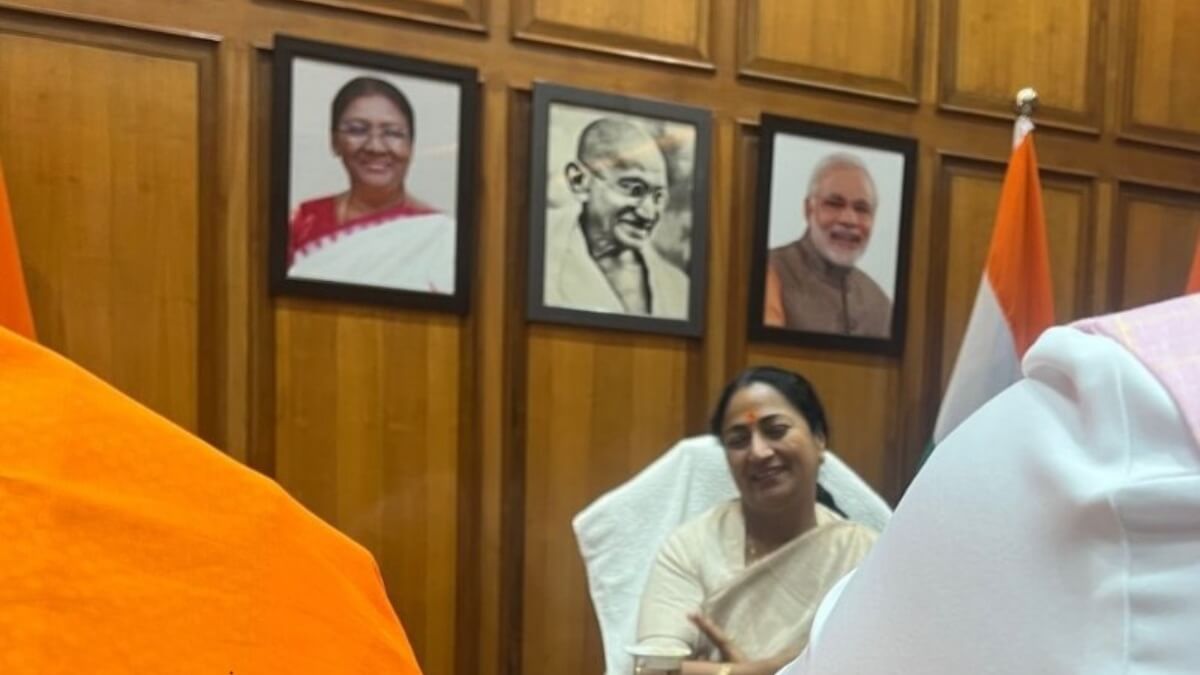
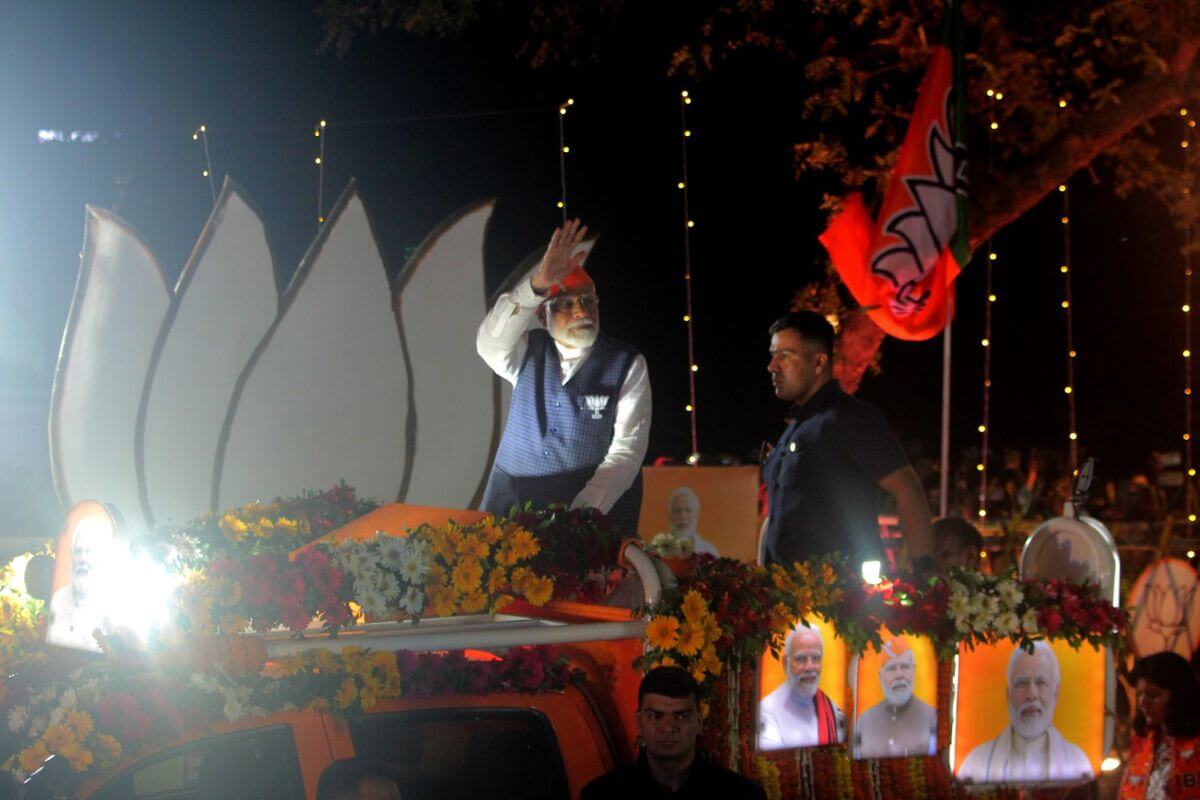

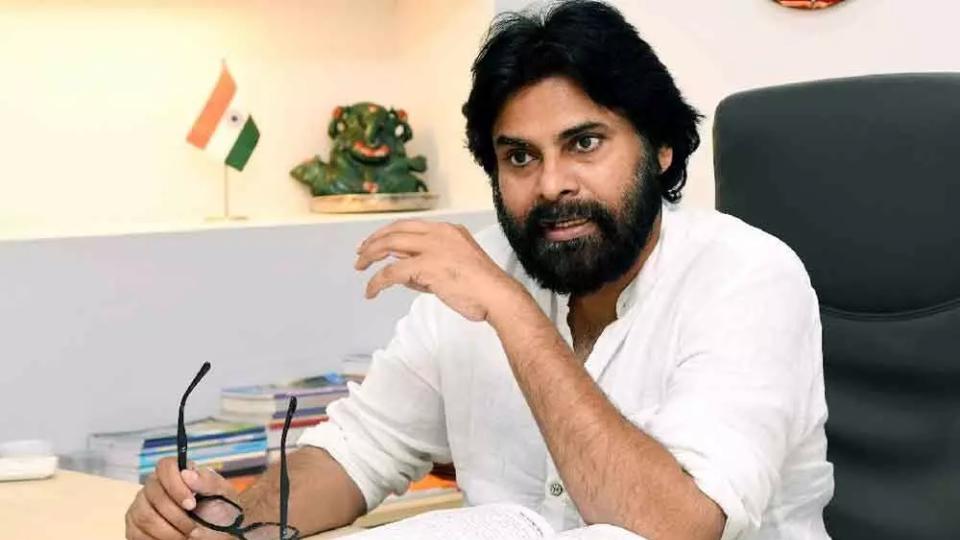
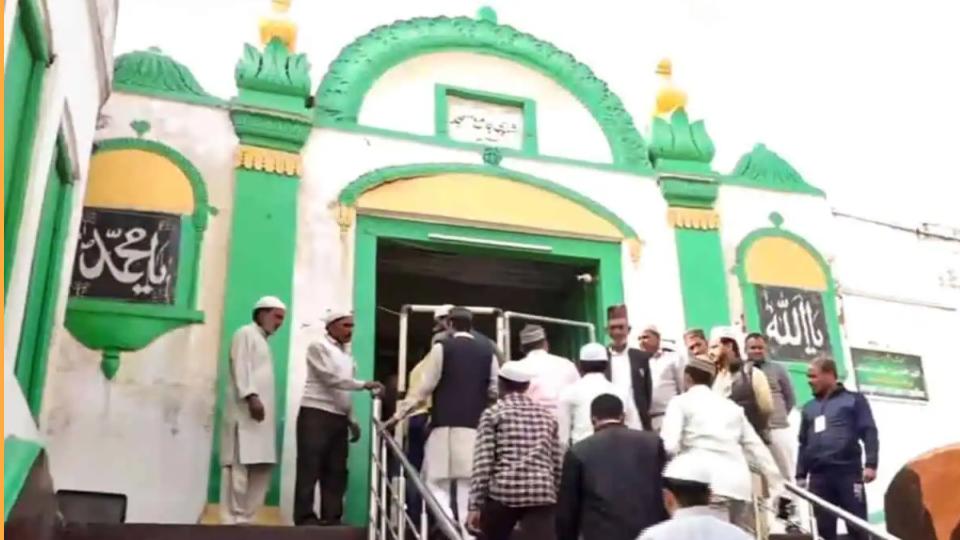
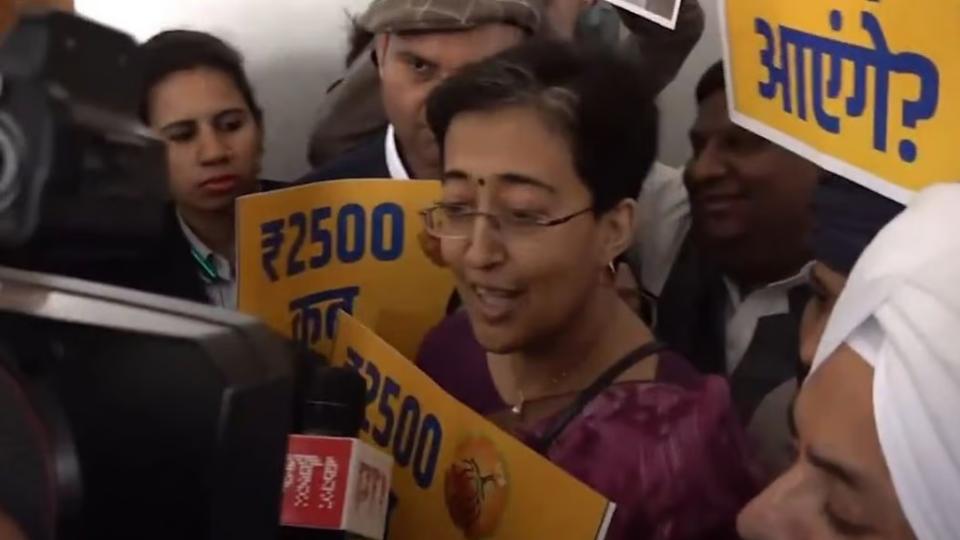
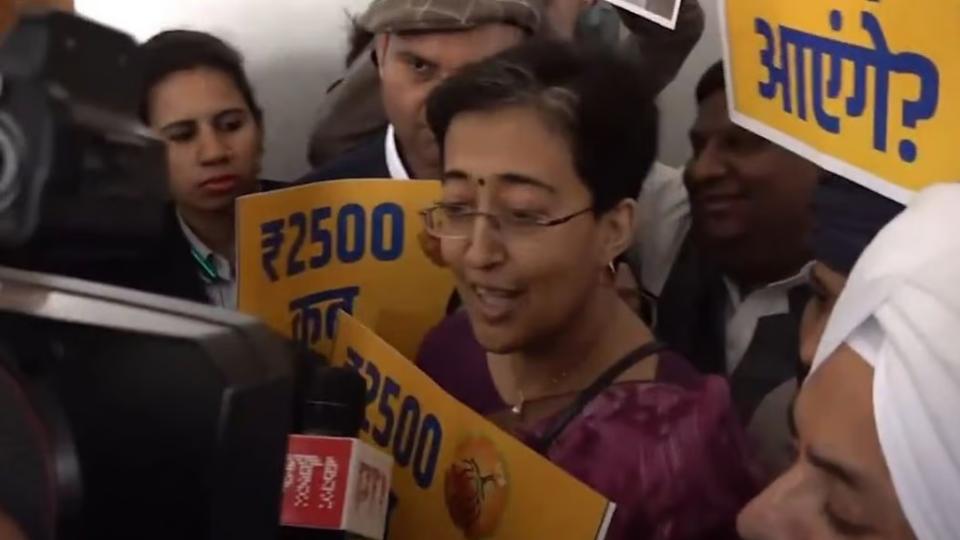
.jpg)
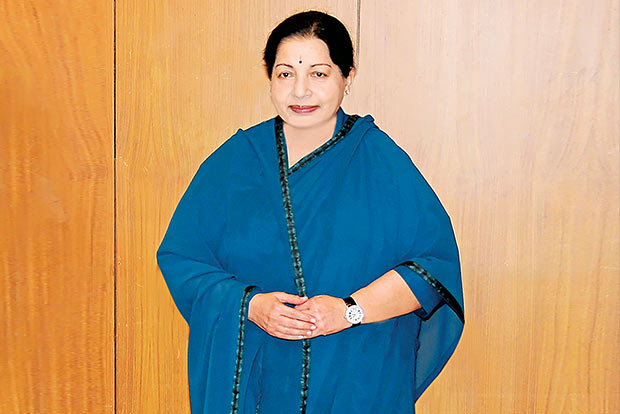
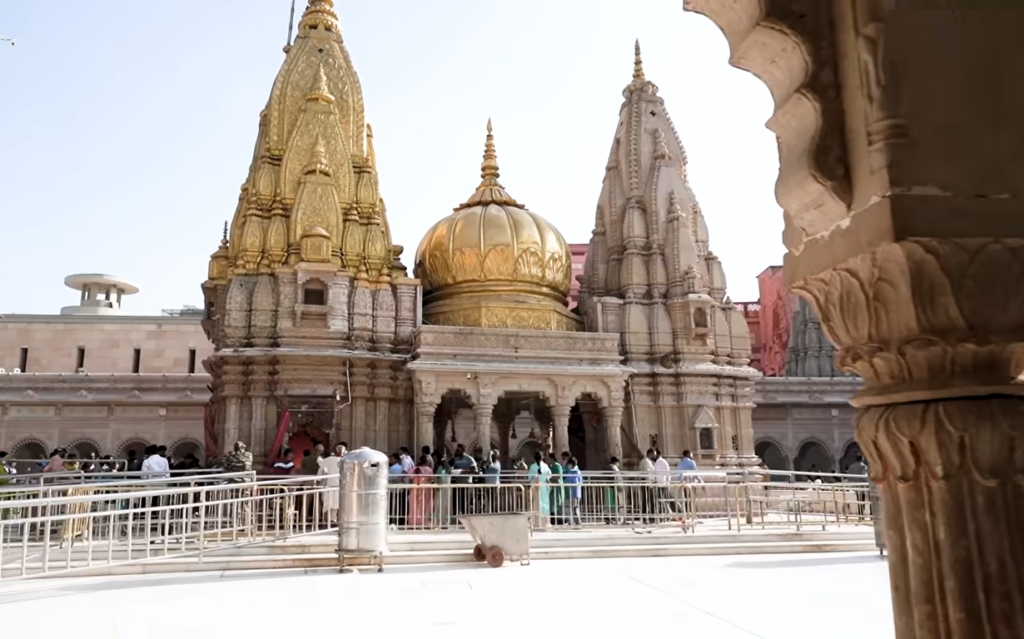
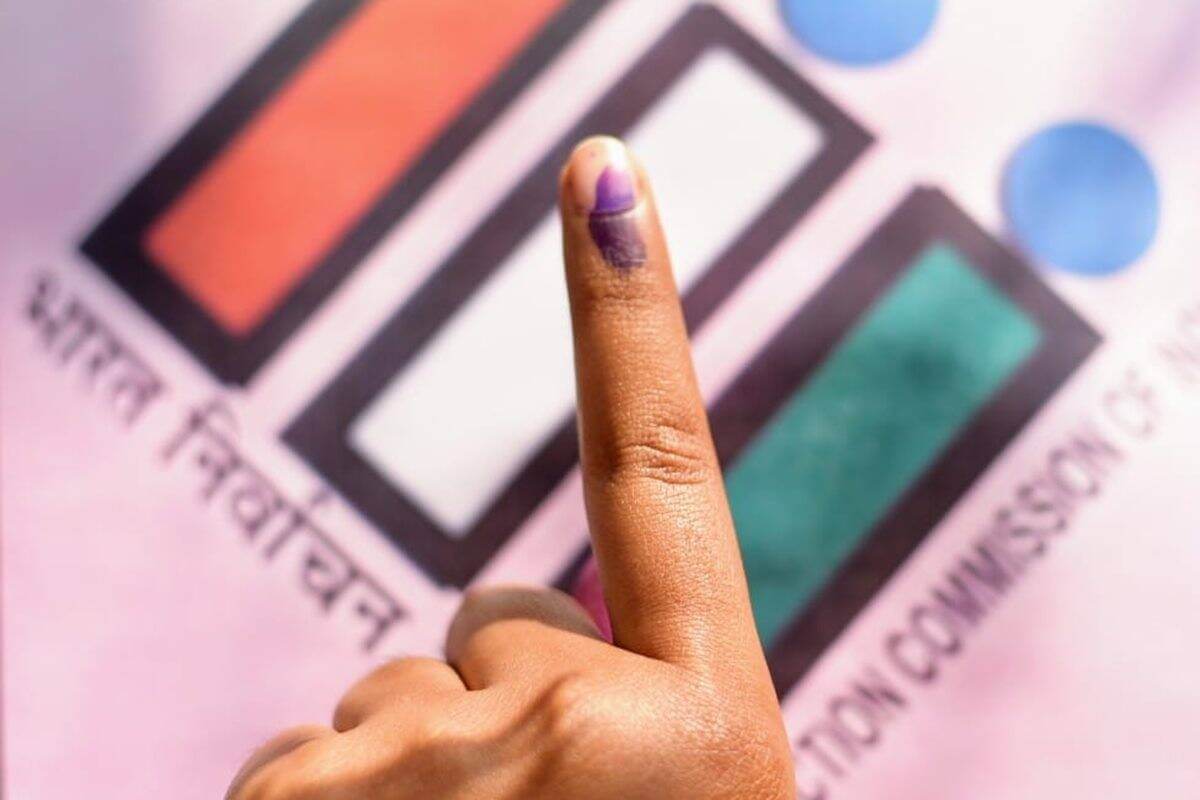

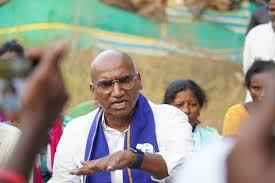
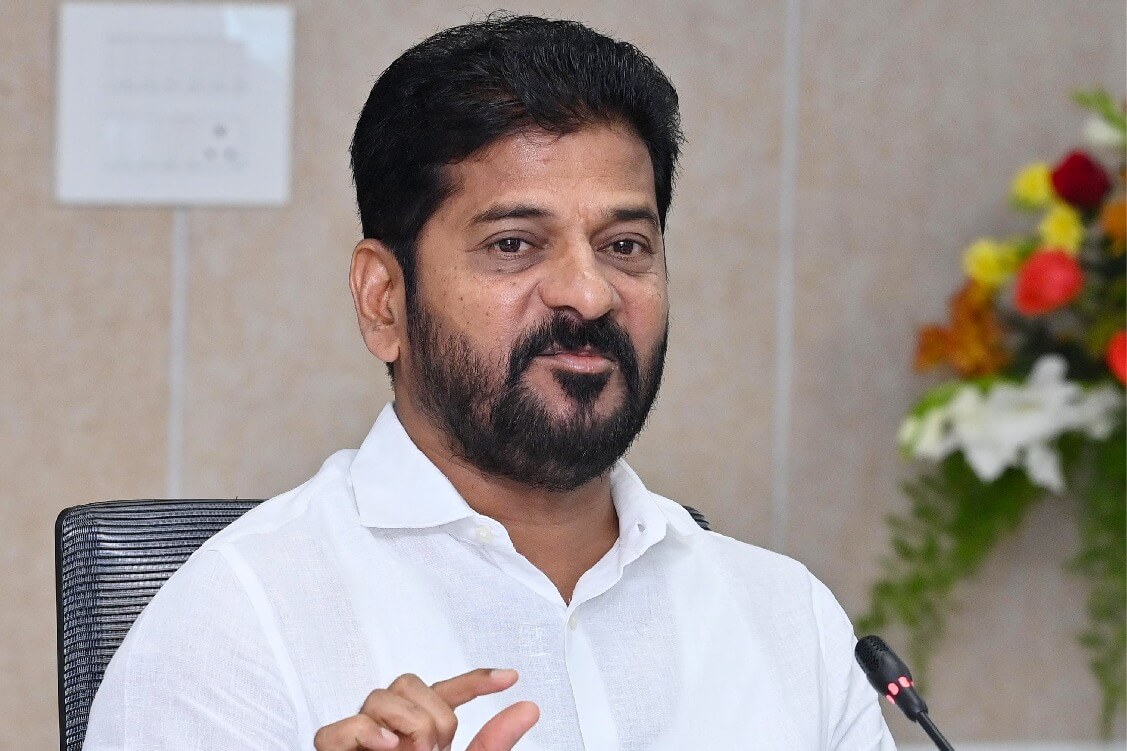
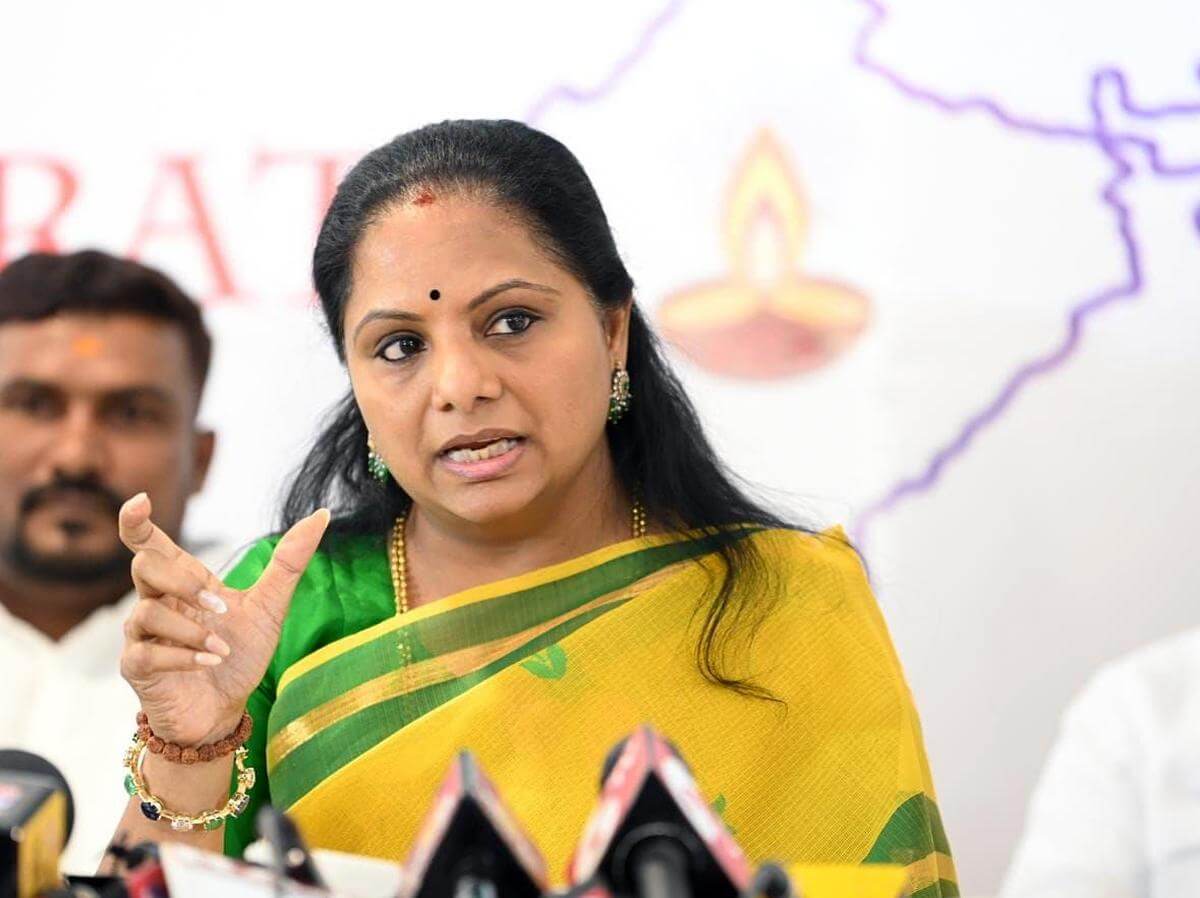
.jpg)
.jpg)
.jpg)
.jpg)
.jpg)
.jpg)
